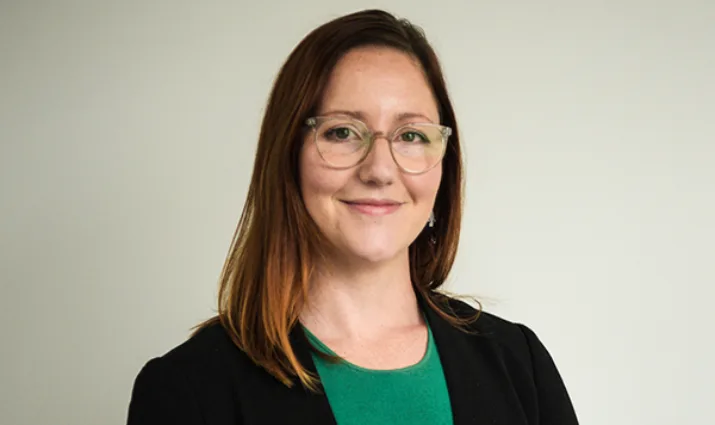How to choose a media and communications degree
By Zoya Patel
A career in media and communications can be varied, fast-paced and exciting. But how do you know which degree is right for you? We spoke to an expert to help you decide on a study path.
What is media and communications?
Media and communications is an exciting and growing field, with loads of career opportunities for graduates.
Although it sounds like a very broad industry, at its core, media and communications roles are about working with organisations to communicate their key messages to their target audiences. This can happen across a range of mediums, including through public relations activities, media engagement, social and digital media and through marketing, advertising and strategic communications.
As a media and communications professional, you might choose to work across all of these specialisations, or hone in on one area of expertise. Choosing a media and communications degree that sets you up for the type of career you want is important, but first you need to have an idea of the jobs you’re most interested in.
To give you some insight, we spoke to Joanna Le, Acting Director of Communications at the Foundation for Alcohol Research and Education. Joanna has spent over a decade working in communications, and through her career has pivoted across different communications specialisations.
Joanna studied a Bachelor of Digital Media, and then completed a Master of Strategic Communications degree.

What can you do with a media and communications degree?
There are many different career paths you can follow when you have a media and communications degree.
You can work for a communications agency, or in-house for an organisation supporting their communication needs. Depending on the type of organisation you work for, your primary responsibilities will vary across media management, marketing and advertising, strategic communications, events and social media to name a few.
For Joanna, having an open mind and dabbling across areas has really helped her gain experience and decide what areas of media and communications she most enjoys.
Related reading: The main types of journalism you can pursue in your career
“My first strategic communications role was in public relations, and I really enjoyed the process of working with local communities to identify, craft and pitch stories to media. From there I developed an interest in things like stakeholder engagement, campaign design and delivery, partnership development, event production and more. To me all of these activities fall under the strategic communication umbrella, which is one of the things I love about it—variety!”
Although Joanna now works in management and leadership roles, her practical skills and experience across communications specialities always come in handy.
How do you know which media and communications degree is right for you?
When choosing a media and communications degree, there are a few key things to consider. Most undergraduate and postgraduate media and communications degrees will cover a broad range of disciplines, but some will specialise, for example in digital media, or creative writing.
The first thing to consider is what environments you’d most like to work in. If you want to work for companies that sell products, for example, you may want to specialise in marketing and digital media. If you want to work for not-for-profits or charities, you may want to focus on strategic communications. If government work interests you, you might want to focus on media and stakeholder relations.
Ultimately, however, studying a broad media and communications degree will equip you for all these careers, and offer you the opportunity to specialise within the degree through subject selection.
Where to get help with your decision
A good starting point is to read through the information on a range of media and communications degrees to get a sense of their structure and what subjects they offer, and then go from there. You can also book a call with an Open Universities Australia student advisor if you’d like help getting matched to a degree that suits your interests.
Joanna’s advice for someone considering studying media and communications is to give it a go. “The field of communications is incredibly diverse, and there’s many pathways you can take. If you have the opportunity, start with an organisation that you feel aligns with your values and has a great culture—you’ll be surprised where this can take you.”
Keen to compare your study options? Explore media and communications degrees available online with leading universities.



